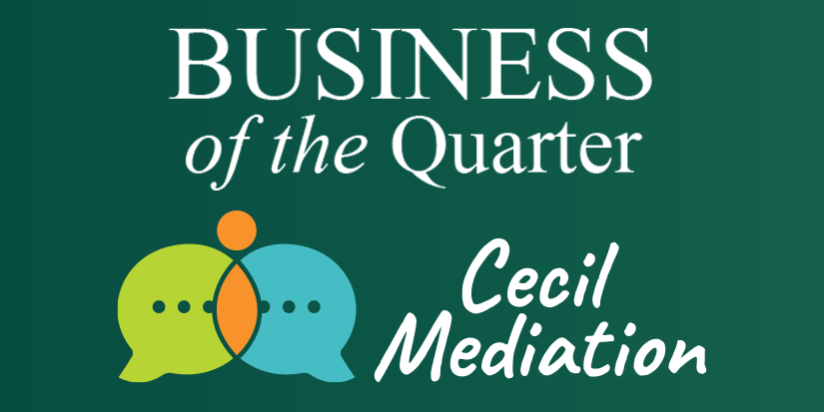Welcome Home—Now What? How Mediation Helps Veterans Rebuild Family and Community Life…
Returning home from military service can be a time of joy and relief, but for many veterans, it is a transition marked by stress, miscommunication, and emotional distance. The shift from structured military life back to civilian life can feel disorienting. Roles within the family have changed, routines have been restructured, and unspoken expectations may create tension. Add to that the possibility of physical injuries or invisible wounds like PTSD, and reintegration becomes more than just a homecoming, it becomes a complex journey.
That is where mediation comes in.
Mediation is a voluntary and confidential process that helps people in conflict communicate more effectively and come to agreements that work for everyone involved. For veterans and their families, mediation can be a powerful way to reconnect, rebuild trust, and create a shared plan for the future without blame, judgment, or pressure.
Reconnecting with Family After Service…
Military service often requires emotional compartmentalization, especially during deployment. Meanwhile, family members left at home develop new roles, routines, and responsibilities. When everyone comes back together, it can be hard to know where to start again. Mediation offers a structured space to talk about those changes, clarify expectations, and address lingering frustrations. Whether it is renegotiating parenting duties, discussing boundaries, or addressing emotional distance, mediation empowers veterans and their families to communicate honestly and find common ground. Unlike therapy, which often explores past trauma, mediation is solution-focused and forward-looking. It is not about what went wrong; it is about what needs to happen.
Community Reintegration: More Than Just a Job…
Rejoining the workforce, reconnecting with friends, and rebuilding a social identity are often part of the post-deployment challenge. Veterans may face misunderstandings in the workplace, difficulties with landlords, or barriers to accessing services due to stigma or lack of awareness. These issues can lead to conflict and isolation. Community mediation can help resolve these challenges. Whether you are experiencing a dispute with an employer, a neighbor, or a local agency, mediation offers a respectful, informal way to work through problems. It gives both sides the chance to speak openly, ask questions, and explore practical solutions with the support of neutral mediators.
Why Mediation Works…
Mediation puts the power back in the hands of the people directly involved. Unlike court processes or disciplinary actions, it does not impose decisions. Instead, it helps people understand one another and create their own agreements. For veterans, this can be particularly valuable. Mediation respects your experience, your service, and your voice. It is confidential, non-judgmental, and completely voluntary. You decide if you want to participate, what you want to talk about, and what outcomes work for you.
Taking the First Step…
If you or someone you know is struggling with post-deployment conflict at home, at work, or in the community, mediation might be the right next step. It will not erase the challenges, but it can help you face them together, with empathy and clarity.
No cost mediation services…
The Cecil County Community Mediation Center, a.k.a. Cecil Mediation, offers mediation at no cost to all community members. Mediation is confidential, voluntary, and non-judgmental. Mediation sessions are scheduled at times and neutral locations convenient for the participants. Contact Cecil Mediation for a confidential intake conversation to decide if mediation is right for you. There is no charge for this service in Cecil County.
443-207-5159 (call or text)
scheduling@cecilmediation.org
www.cecilmediation.org
Read more articles from VOM Magazine here: www.veteransoutreachministries.org/vom-magazine






